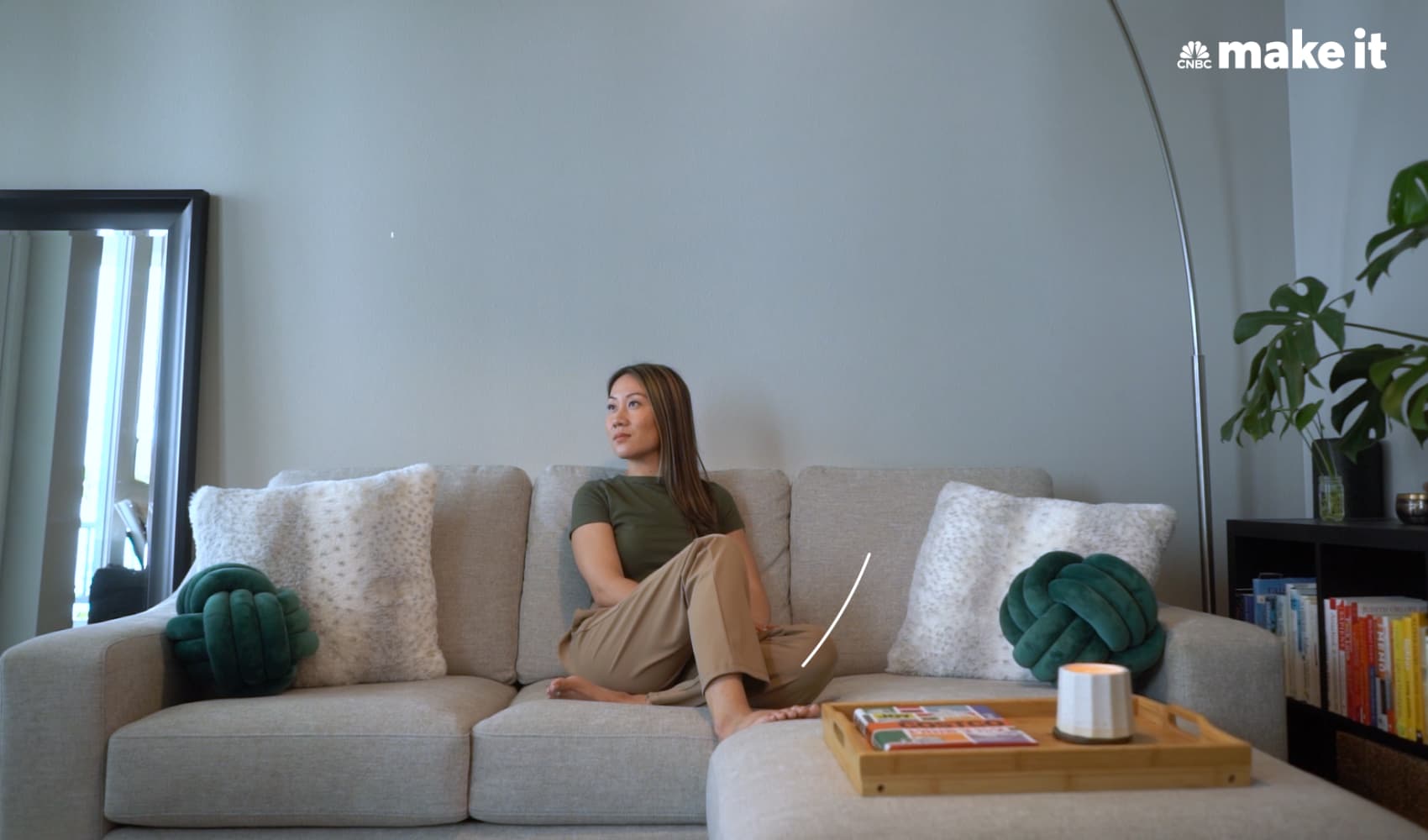
- Khan Academy is offering a free AI-powered assistant, funded by Microsoft, to all teachers in the U.S.
- Khan Academy already offers OpenAI's GPT in its Khanmigo tutoring tool to roughly 65,000 students and is planning an expansion for the next school year.
- The AI can help create lessons, analyze student performance and recommend assignments.
- Microsoft and Khan are also working on small language models, more targeted versions of the large language models that power generative AI like GPT, for student math tutoring.
Microsoft is partnering with tutoring organization Khan Academy to provide a generative AI assistant to all teachers in the U.S. for free.
Khanmigo for Teachers, which helps teachers prepare lessons for class, is free to all educators in the U.S. as of Tuesday, with the financial support of Microsoft. The program can help create lessons, analyze student performance, plan assignments, and provide teachers with opportunities to enhance their own learning.
"Unlike most things in technology and education in the past where this is a 'nice-to-have,' this is a 'must-have' for a lot of teachers," Sal Khan, founder and CEO of Khan Academy, said in a CNBC "Squawk Box" interview last Friday ahead of the deal.
Khan Academy has roughly 170 million registered users in over 50 languages around the world, and while its videos are best known, its interactive exercise platform was one which Microsoft-funded artificial intelligence company OpenAI's top executives, Sam Altman and Greg Brockman, zeroed in on early when they were looking for a partner to pilot GPT with that offered socially positive use cases.
At a recent virtual event with members of CNBC's Technology Executive Council, where Khan demoed the company's AI education tool, Khanmigo, he recalled being skeptical at first about working with OpenAI and GPT. Khan said even as the work progressed and he became convinced of how much AI could advance education goals, he became discouraged when the public conversation in 2023 quickly turned to students cheating with AI. But he told the tech executives that what he's seeing from his nonprofit's work to adapt AI for the classroom is a scaling of the personalization that matches the founding story of his organization — when he personally provided tutoring to his cousin Nadia.
Money Report
Amid all the questions about hallucinations, errors, safety, privacy, and cheating, Khan said AI "could get us that much closer to this ideal, in conjunction with everything else we've been doing over the years, of being able to emulate what a great tutor would do."
"In my mind, it passes the Turing Test," Khan told the tech executives, referencing famed British mathematician and AI pioneer Alan Turing's goal of computer intelligence being equal to human intelligence and humans being unable to identify one versus the other. "This is indistinguishable from when I went to text Nadia back in 2004," Khan said.
Feeling out of the loop? We'll catch you up on the Chicago news you need to know. Sign up for the weekly Chicago Catch-Up newsletter here.
Microsoft and Khan Academy are also planning to provide more AI-powered math tutoring to students through a new open-source small language model from Microsoft's Phi-3 AI technology. Small language models are more targeted versions of the large language models like GPT, which focus on smaller data sets. The AI math tutor can provide specific grade level guidance and customized tutoring sessions for students and teachers, and in the future will give students feedback on handwritten work, according to Microsoft. Middle school is the first level of focus but more grades will be added.
In the demo Khan recently provided to tech executives on the CNBC Councils call, he showed how the personalization was rapidly advancing, from a student's math mistakes corrected by an AI in a "nuanced tutoring" method that doesn't give away the answer, to a student protesting having to learn about biology and the AI explaining to the student how the knowledge might be worthwhile later in life.
Khanmigo was piloted with several hundred students and teachers in school districts a year ago, and is now in use with around 65,000 students and teachers as a formal part of instruction, with school districts paying approximately $35 per student per year. Given the expense associated with the computing power required for AI, Khan's nonprofit model can't afford to cover the cost without a per user charge.
Khan says many more school districts are interested in Khanmigo and he plans to expand the pilot for the next school year. He added during his "Squawk Box" interview that costs are coming down quickly, and it is his hope that given the advances in the technology, the costs can be brought down to the $10-$20 range in the next year.
The relationship between the tech giant and education nonprofit will also feed back into Microsoft's Copilot AI, with more Khan Academy content added, and Khan content brought into Microsoft Teams for Education, an existing free communication app for students and teachers.
Microsoft co-founder Bill Gates recently recommended Khan's new book on AI in education. "If you're passionate about education, you need to read this book," Gates wrote on X. Gates provided early funding to Khan Academy through a grant from the Bill & Melinda Gates Foundation in 2010.






